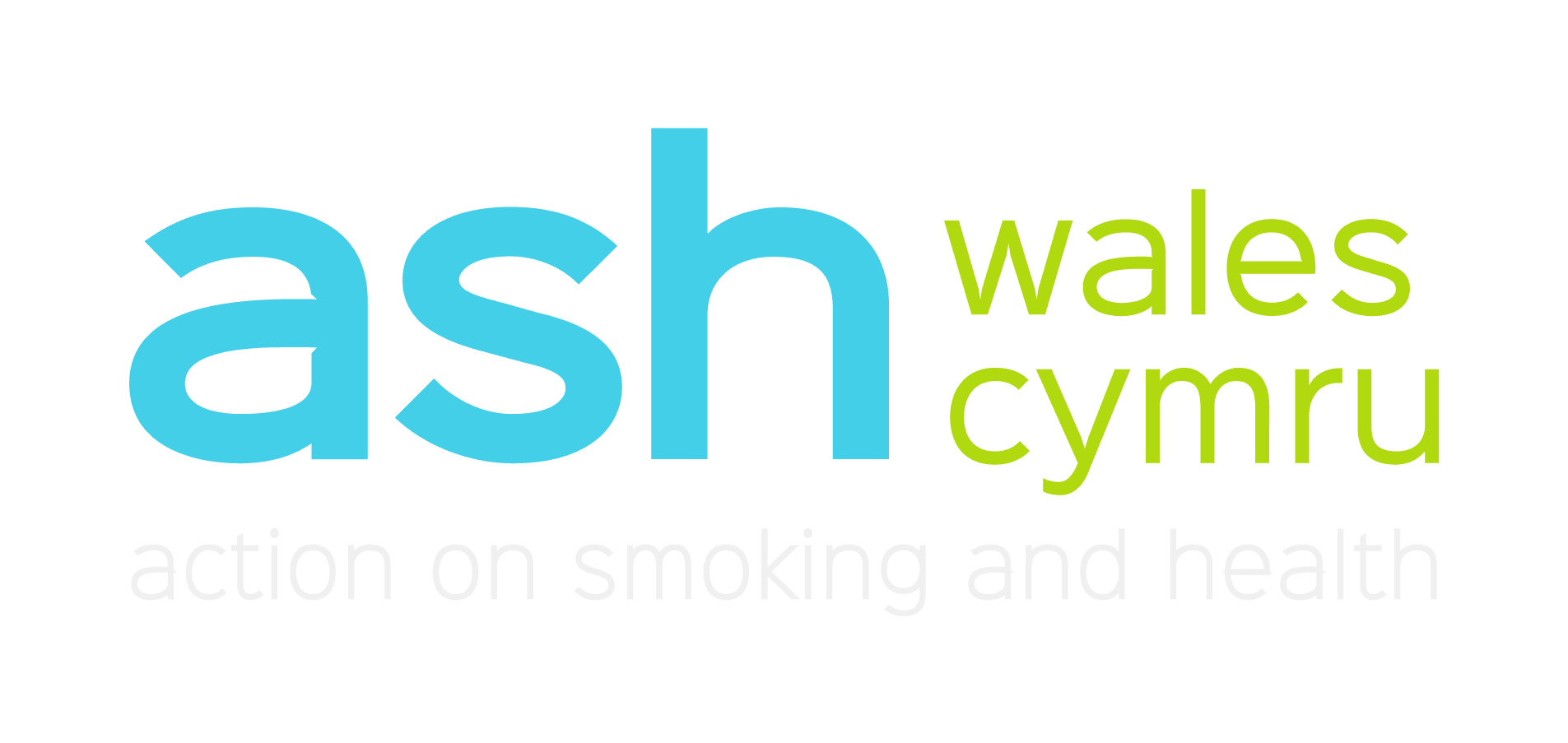A PIONEERING project to help Welsh smokers quit the habit could transform stop smoking services across the country. Public health experts are trialling the country’s first virtual stop smoking service following a rise in demand for help from smokers amidst fears over Covid-19.
Currently face to face stop smoking support is not available due to the Covid-19 pandemic, however demand for help from smokers is strong with April seeing a 27% increase in web referrals across Wales compared to the same month in the previous year.
 As demand from smokers continues to grow, the Swansea Bay University Health Board in partnership with Public Health Wales has launched a virtual stop smoking service offering group and one-to-one meetings using video conferencing technology. And if it is successful it could form the blueprint for online smoking cessation services across Wales.
As demand from smokers continues to grow, the Swansea Bay University Health Board in partnership with Public Health Wales has launched a virtual stop smoking service offering group and one-to-one meetings using video conferencing technology. And if it is successful it could form the blueprint for online smoking cessation services across Wales.
The pilot will last three months and comes at a time when GPs and other health professionals are now offering virtual appointments – a trend which experts say could shape the future of healthcare.
Susan O’Rourke is a Senior Business Manager at Public Health Wales and works as part of the Swansea Bay Public Health Team that is co-ordinating the project. She said:
“With Covid there’s been a real increase in the numbers of people contacting Help Me Quit and Covid is one of the main reasons they are giving for wanting to give up smoking.
“A lot of people are trying to quit but they need help because of the stress of being at home. Most people are worried about respiratory infections or if they have a pre-existing condition caused by smoking and they end up in hospital.”
“We’ve had a lot of new clients but we’ve also had people coming back who’ve used the service before.
She went on to say that even though Help Me Quit has continued to offer telephone-based support, many clients are missing face to face contact with a smoking cessation advisor and the motivation that comes from taking part in group sessions:
“Covid has had a significant impact on services and we wanted to think of another way to support clients. Telephone support is the only option really at the moment.
“The feedback we had from clients on the phone was that they were missing being able to see the person they were interacting with and the peer support they received from being part of a group.”
The virtual sessions use WebEx conferencing technology to connect clients online and sessions are run by a smoking cessation advisor.
Ensuring that clients are comfortable with the technology required is crucial to the project’s success, so any participants who are feeling unsure are contacted beforehand to be guided through the process of logging on.
“We’ll start with small groups of just four or five to see how well the system works and how well clients communicate with each other and with the advisor,” explained Susan.
 During the group sessions participants will be asked to set a quit date, given advice on stop smoking aids including Nicotine Replacement Therapy and will discuss topics such as withdrawal, triggers, what to do if they relapse and the importance of physical exercise, healthy eating and looking after their mental health.
During the group sessions participants will be asked to set a quit date, given advice on stop smoking aids including Nicotine Replacement Therapy and will discuss topics such as withdrawal, triggers, what to do if they relapse and the importance of physical exercise, healthy eating and looking after their mental health.
Unlike in face to face sessions they will not have their carbon monoxide levels measured with a CO monitor, however Susan believes that positive reinforcement of the benefits of quitting smoking, prove just as motivational.
Initially the virtual groups will be run as part of a three-month pilot project, with all smokers from Swansea Bay offered the choice of telephone or virtual group sessions when they contact Help Me Quit. However, Susan believes there is great potential for virtual support to become a permanent fixture.
“The more choices we can offer people the better. We don’t want there to be any barriers there to stop people from quitting. We’re also looking at how this system could be used to support hospital patients.”
Christian Heathcote-Elliott is Principal Public Health Practitioner at Public Health Wales. He said that feedback from the pilot would be shared across Wales and urged smokers to quit now as the best way to protect their health:
“We are really pleased that smokers in Swansea Bay University Health Board area will be able to receive Help Me Quit support virtually and are eager to share the learning from the evaluation of this new service with other areas in Wales. With COVID-19 healthcare services are increasingly being delivered using digital technology and stop smoking services in England with virtual services report that smokers find this a great way to get support”
“For smokers living outside of Swansea Bay University Health Board, Help Me Quit is continuing to provide free support over the phone with excellent success rates. Research shows smokers are more worried about COVID-19 than non-smokers and quitting smoking remains the best thing you can do for your health. We urge all smokers to take the first step to a smoke-free future by calling Help Me Quit on 0800 085 2219”
Suzanne Cass is CEO of ASH Wales. She said: “There has never been a more important time for smokers to quit the habit, however lockdown restrictions mean it can be more challenging for them to access the support they need.
“This innovative virtual solution could enable Help Me Quit to provide many more smokers with the help they need to quit. We very much hope that this project will kickstart the provision of online stop smoking services across Wales.”
Smokers face an increased risk from Covid-19 because smoking damages the body’s immune system and causes a host of pre-existing medical conditions including respiratory and cardiovascular disease.
Data from the COVID Symptom Study app involving more than 3 million people from the UK, Sweden and US, found that current smokers were 14% more likely to develop the three classic symptoms of coronavirus infection – fever, persistent cough and shortness of breath – than non-smokers.
Smokers were also 29% more likely to report more than five symptoms associated with COVID-19 and 50% more likely to report more than 10, including loss of smell, skipping meals, tiredness, diarrhoea, confusion or muscle pain. In addition, smokers were more than twice as likely as non-smokers to end up in hospital with severe symptoms of COVID-19 having tested positive for the disease.









